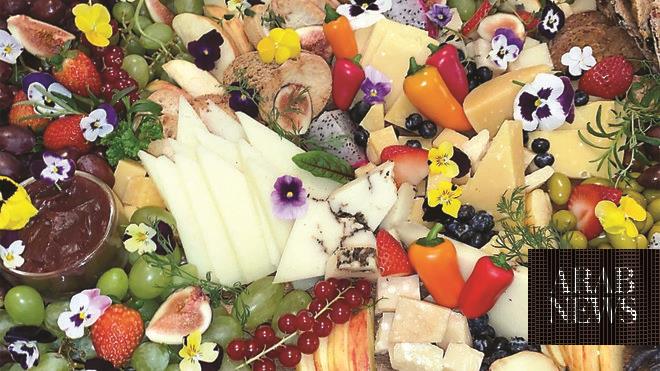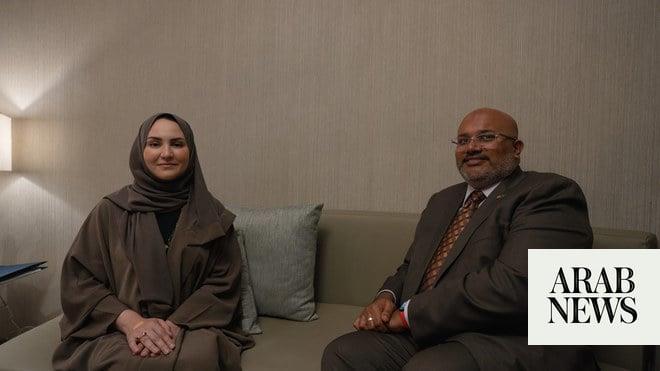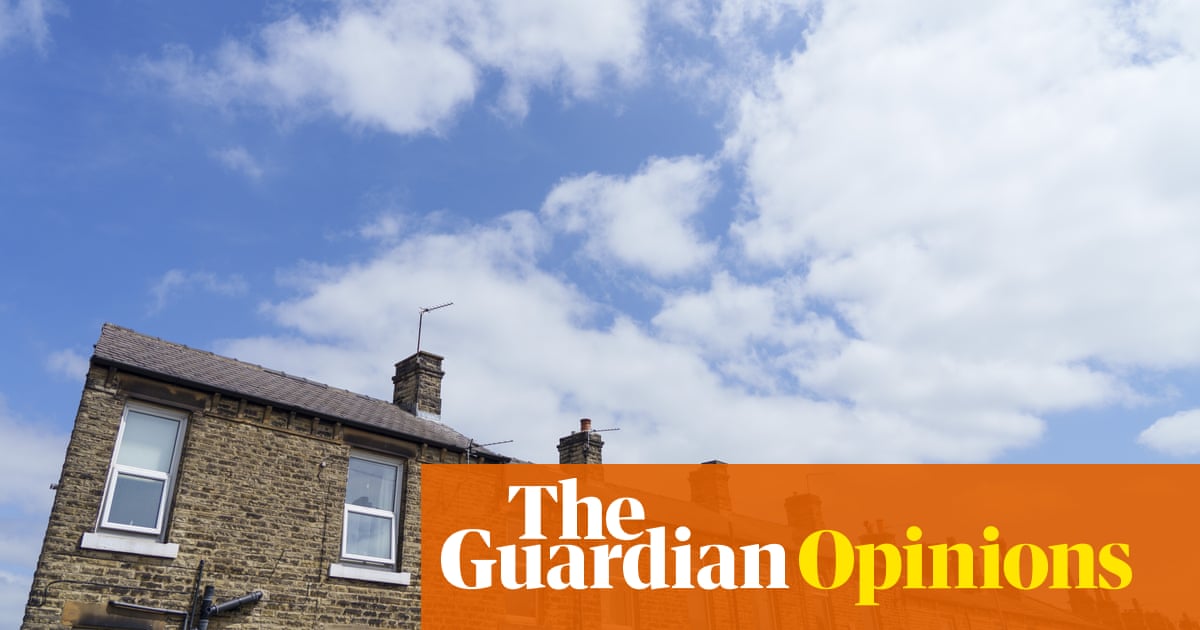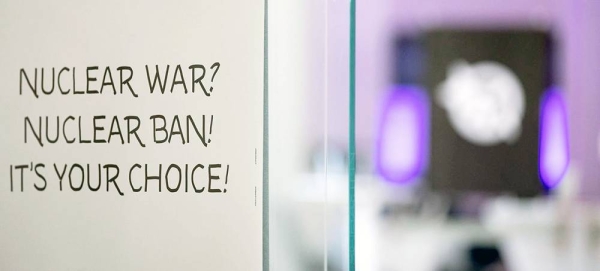
JEDDAH: The only way is up as enterprising Saudi crop growers increasingly take the technological leap from traditional to vertical farming methods.
Although the Kingdom’s diverse weather conditions make it ideal for growing a variety of produce, traditional farming is highly seasonal.
As a result, the country’s agricultural sector has steadily been moving toward more sustainable, cost-effective production systems, such as vertical farming, to offer year-round yields.
When Dana Enany noticed a gap in the market for local produce, she decided to explore vertical farming on her Jeddah-based holding, Jana.
She told Arab News: “I was always intrigued by the farm-to-table concept, and I wanted to create this experience at hand in Saudi Arabia.”
Dana Enani, the general manager of Mowreq Specialized Agriculture. (Supplied)
Jana Farm by Mowreq, a specialized agriculture company, aims to provide locals with clean, pesticide-free, healthy, and nutritious produce.
Enany said she chose the vertical farming method, “because it utilizes a controlled environment where there is steady produce without seasonality.”
More than 120 different crops were test-grown before a final product range was settled upon. To demonstrate that crops could be grown under the toughest conditions, the project started in Jeddah, where the arid climate poses major challenges for agriculture.
Jana Farm operates an indoor hydroponic irrigation system that uses up to 10 times less water than traditional growing methods and recycles at least 90 percent of the water, in line with the Kingdom’s sustainability goals.
The technique utilizes water-based mineral nutrient solutions rather than soil.
Jana Farm by Mowreq aims to provide locals with clean, pesticide-free, healthy, and nutritious produce. (Instagram/janafarmsa)
“By growing crops locally in Saudi Arabia, and supplying them exclusively to the Saudi market, our produce incurs far fewer food miles than imported produce. Hence, our carbon footprint is much smaller,” Enany added.
With the population increasing and available arable land declining, vertical farming offers major environmental and production advantages over traditional ways.
Enany said: “Like most vertical farmers, we do not like to be called organic because we believe that the produce we grow is of a higher quality than organic.”
In addition to salad items, the farm also grows wild rocket, edible flowers, microgreens, and herbs including basil, thyme, oregano, rosemary, dill, and chives.
The farm’s fresh produce can be purchased throughout the year at supermarkets in Jeddah and via online platforms.
Although never having studied agriculture, Enany was always drawn to the sector.
She said: “I have always been passionate about agriculture and lured toward the idea of sustainability in this industry.”
Gaining a master’s degree in business administration from London Business School was “an eye-opener” for her as an entrepreneur in the agricultural sector.
“I believe that the demand for quality local produce in Saudi is high, especially since we import more than 80 percent of our food,” she added.
Edible flowers. (Supplied)
In 2021, the Ministry of Environment, Water, and Agriculture allocated SR100 million ($27 million) to develop and localize vertical-farming technologies as a way of not only keeping pace with demand but reducing desertification.
In December, Mowreq signed a joint venture with YesHealth Group, a company with multiple vertical farm operations in Asia and Europe.
Along with Enany, the Vertical Farms Co. is owned by four Saudi partners with a shared vision; Obeid Bin Zagr, who has experience in farming and the fast-moving consumer goods industry; Khder Al-Ghamdi who has a background in computer science; and Modar Nazer who has worked in healthcare, consulting, and banking.
“We are all passionate about positively contributing to our country,” Enany said.
The joint venture will establish a network of vertical farms throughout Saudi Arabia, starting with one on the outskirts of Riyadh. It will cover 4,500 square meters of floor space, and will be 16 meters high, resulting in an area of 20,000 square meters to grow crops.
“It will be the tallest vertical farm in the Middle East, and one of the largest in terms of productivity,” she added.
The new vertical farms will become operational in the fourth quarter of this year.
Enany said: “The market in Saudi Arabia is massive and we need many farms to fulfil the demand. We are happy to see that the private sector is also investing in controlled-environment agriculture.
“Mowreq, being the first mover in Saudi Arabia’s vertical farming industry, has given us much experience and confidence, making this the propitious time for us to expand our presence across Saudi Arabia.
“We have proved how this method can work successfully in our country. Although each vertical farm and company has its own standards, we adapted foreign technologies to what actually works in the Kingdom, and we developed knowledge that is specific to this area,” she added.
Jana Farm by Mowreq aims to provide locals with clean, pesticide-free, healthy, and nutritious produce. (Instagram/janafarmsa)
The farm will also depend on utilizing smart agriculture technology, which creates controlled climate, lighting, and nutrition necessary for the most efficient and sustainable environment for plant growth.
“The latest technologies, such as LED lighting, Gelponics, software for crunching all the controlled-environment data, automation, and robotics are all utilized on our farms.
“We will be applying water-based gel substrate to grow our crops sustainably, minimizing waste,” Enany said.
The Riyadh farm will have a maximum production capacity of two tons per day or 900 tons per year. The calculation has been based on the weight of lettuces, but the farm will also grow lighter crops such as herbs, which will affect the true production capacity.
Meanwhile, Saudi Arabia’s Public Investment Fund has signed a joint venture agreement with US-based AeroFarms to establish a company in Riyadh to build and operate indoor vertical farms in the Kingdom and the wider Middle East and North Africa region.
The deal will allow the joint venture to use AeroFarms’ proprietary smart agriculture technology platform, AgTech, to produce high-quality crops throughout the year.












